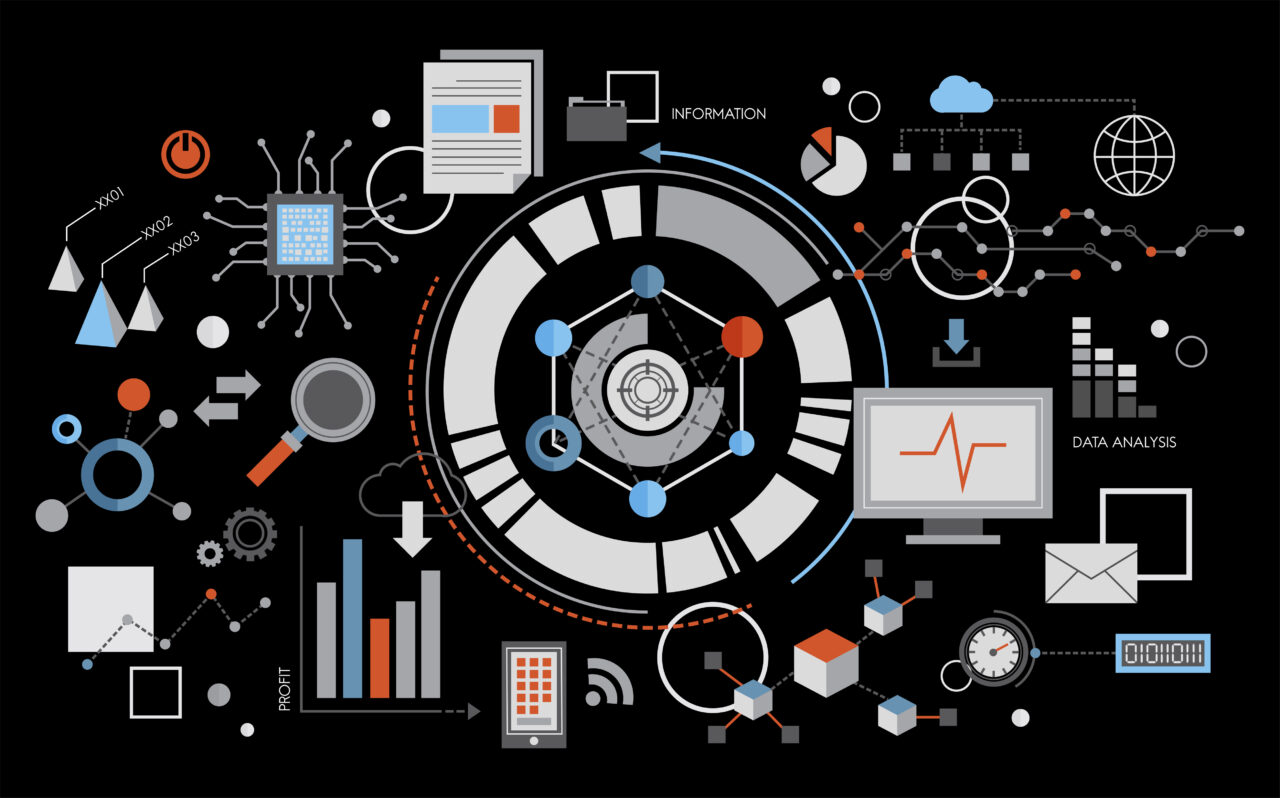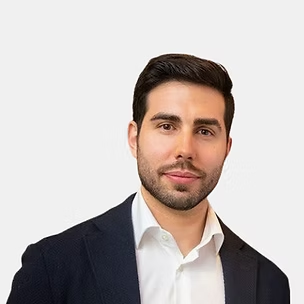
How can we understand if a public policy really works? And for whom? These are crucial questions in times of scarce resources and great inequalities. Searching for answers is the work of researchers like Falco Bargagli Stoffi, now a professor at UCLA, with a past as a doctoral student between the IMT School and Leuven and a post-doc experience at Harvard. His work moves at the intersection of artificial intelligence, causal inference and public policies: using advanced machine learning models, this sector deals with evaluating the effectiveness of social and health interventions so that they produce a real impact on people's lives. In this interview, he tells us how "useful" research is born, what challenges he encounters in the dialogue with institutions and why, despite the difficulties, the academic world remains a beautiful marathon to run with passion.
Can you summarise what you do?
My work consists of using mathematics, statistics and artificial intelligence to try to improve public and health services, and bring concrete benefits to people. In particular, I develop models that combine artificial intelligence (specifically the machine learning) with causal inference. These tools allow us to determine precisely whether a certain intervention - be it a drug, a vocational training programme or an economic subsidy - really works and, more importantly, for whom. The value of these models is twofold: on the one hand, they make public policies more targeted and less costly; on the other hand, they maximise the benefits for citizens. In essence, I try to help ensure that resources, public or private, are used as effectively as possible.
What have been the most significant projects you have worked on so far?
I would mention three. The first is a method I developed during my time at Harvard University for my PhD to evaluate the effectiveness of environmental policies and identify which groups are most vulnerable to exposure to high levels of pollution, and for which I was recognised by the US Health Effects Institute (HEI), which awarded the work in 2023.
Another work I am very fond of is the one developed during my first year of doctoral studies at the IMT School with Professors Riccaboni and Rungi and, later, with doctoral student Fabio Incerti, in which we created an artificial intelligence model to identify 'zombie' companies in the Italian context. The model helped us quantify this very relevant phenomenon for Italy and improve the current tools for identifying these companies.
Recently, working with Gianluca Guidi, another researcher at Scuola IMT, we shed light on the environmental footprint of technology, that is, the often little-known environmental impact of facilities such as data centres for artificial intelligence and mining centres for bitcoins. While there is a lot of awareness about the environmental impact of certain sectors - think aviation - very little was known about the impact of these new technologies on the environment and thus on people's health. Our work is a first step, there is still much to explore in this area, from a scientific point of view.
It often does not seem that policy-makers 'listen'. What are the main difficulties encountered in translating academic results into effective public policies? Is it a communication problem between the academic and policy communities?
This is a revisitation of the typical economic problem of supply and demand. On the one hand, there is a need for willingness and willingness to listen on the part of politicians (demand side), on the other hand, there is a need for a scientific community (supply side) that comes out of its ivory tower and produces research relevant to people's lives and is able to translate this research into simple, applicable solutions that can be clearly communicated to citizens.
On the 'supply' side, I am a firm believer that any kind of research should be communicated in a way that anyone can understand. It is right to do very specialised things and some of it will obviously be difficult to communicate. But if everything we do is not communicable, and if all one's research is only understandable to a select few, that means there is a problem. We must never forget that our role must have a social value, both as researchers and as educators of future generations. If we lose sight of the fact that part of our role is also to be at the service of the society and community in which we live, we lose, in my opinion, one of the most beautiful and relevant aspects of research.
It has to be said that in some cases things do work. In a project with Kristof De Witte and Giorgio Gnecco, a professor at the IMT School, we developed a method to evaluate the effectiveness of a public policy and who benefits most from it. The research concerned public funding for the school system and our work was accepted as a working paper by the Flemish Ministry of Education. I was invited to give a course to ministry officials on how to implement our method for public policy. I believe that in this case those two factors - listening to policy makers and willingness to collaborate and communicate - made the difference.
What advice would you give to a young PhD student who wants to pursue an academic career? What if she wanted to do it in the States?
Advice is often anecdotal. It is not certain that what worked for me will work for others. It is the so-called 'survivor bias' so dear to statisticians and econometricians. There are no shortcuts or solutions one size fits all. Research is a complex field. There are few jobs where one is confronted on a daily basis with rejections (of one's own work) and unanticipated difficulties (anyone who has had to 'clean' a dataset knows what I am talking about) as in academia.
I find that, of the people I have met, those who have managed to keep the primordial spark of the desire to discover and learn - which in my opinion is fundamental to any academic career - lit are those who have found the right intersection between their passion for research and a topic relevant to the community (not necessarily a hot or 'fashionable' topic at the time). Passion alone is not enough, one also needs to keep a keen eye on the world. Seeing one's research applied not only gives satisfaction, but also provides a propulsion of energy that is needed to continue one's passion on a daily basis.
If I may add, perhaps the most important characteristic is to think of the academic journey as a long ultra-marathon. Even if there are obstacles today, you have to try to keep the rudder straight, not give up, because sooner or later you get to port. Regarding careers in the US, the distinguishing trait I have observed among fellow PhD students, researchers and professors is a high degree of personal initiative. This approach is particularly valued in the American context, where the idea of not passively waiting for opportunities but actively creating them prevails. Although this system has advantages and disadvantages, I believe that the willingness to get involved, establish contacts and communicate directly is often beneficial.
A concrete example: since I started as a professor at UCLA only a few months ago, I receive on average two or three messages a week from students at all levels (three-year, master's, and PhD students) asking for advice, collaboration, or mentorship despite having arrived relatively recently. This proactive attitude in building opportunities, without waiting for them to come on their own, is one of the most valuable lessons of the American experience.
Gianpietro Sgaramella
